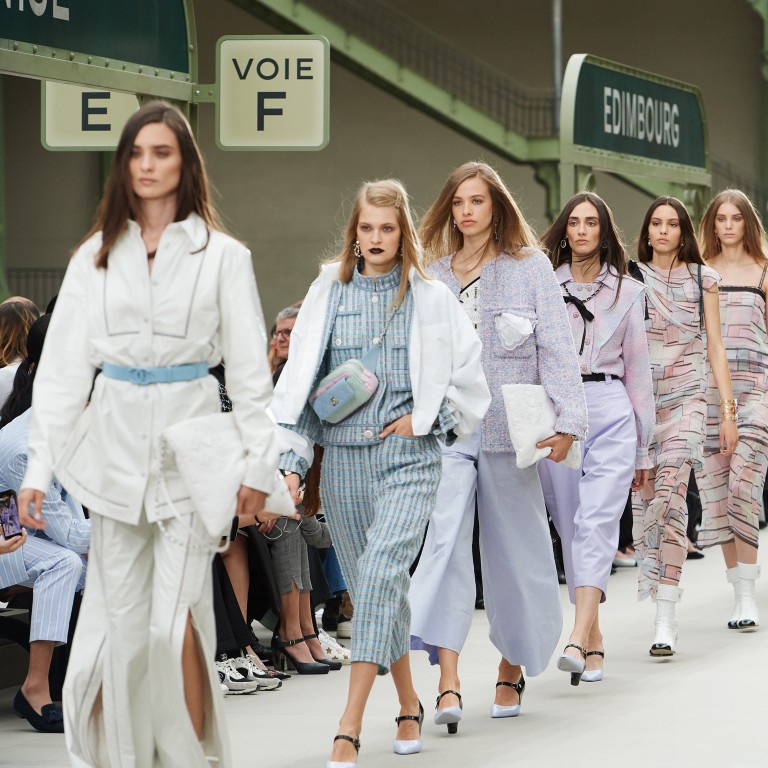
Exclusive | Why Chanel resists selling online, and why menswear isn’t on its agenda: president of fashion at luxury house explains
- ‘I’m not sure e-commerce is the way to connect with young,’ says Bruno Pavlovsky, who explains Chanel’s opposition to second-hand marketplaces amid war on fakes
- He reaffirms brand’s commitment to Hong Kong and reveals Chanel will show its 2020 cruise collection at city’s Kai Tak Cruise Terminal in November
Alain and Gerard Wertheimer, the brothers who own Chanel, are two of the wealthiest and most influential luxury business scions you’ve probably never heard of. Their grandfather teamed up with Coco Chanel in the 1920s to fund her fragrance business, and eventually his heirs took over the entire company.
While the brothers, who according to Bloomberg have a combined net worth of US$42 billion, have never spoken publicly, they’re very involved in day-to-day operations and run the business with a team of loyal lieutenants such as Bruno Pavlosky, president of fashion at Chanel since 1990.
In June 2018, amid rumours of a possible sale of the privately held company, Chanel decided to release its financial results for the first time in more than a century. They showed it to be a thriving US$10 billion business. Figures released this year showed it had grown bigger, with sales surpassing US$11 billion in 2018.
“It was mainly because of all the fake news about Chanel, and about transparency,” says Pavlovsky of the decision to reveal how the company is performing. “We believe that nowadays not being able to communicate our figures is not the right position … We did it for our customers and partners, because we felt it was important to be able to give some transparency and stop any fake news about the power of the brand,” he says.
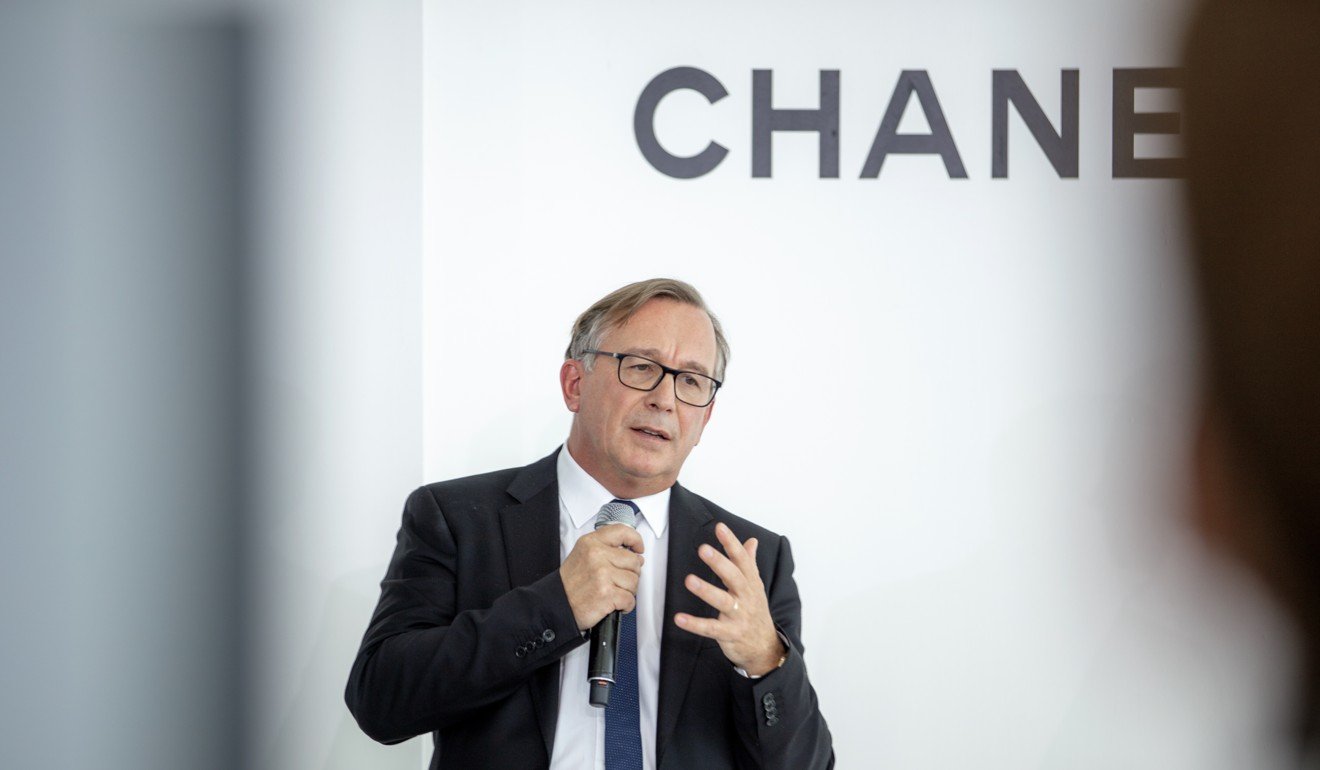
Pavlovsky praises Viard for her unparalleled knowledge of Chanel and heralds her tenure as “the era of Virginie”, while emphasising that at Chanel the brand will always be bigger than any one designer.
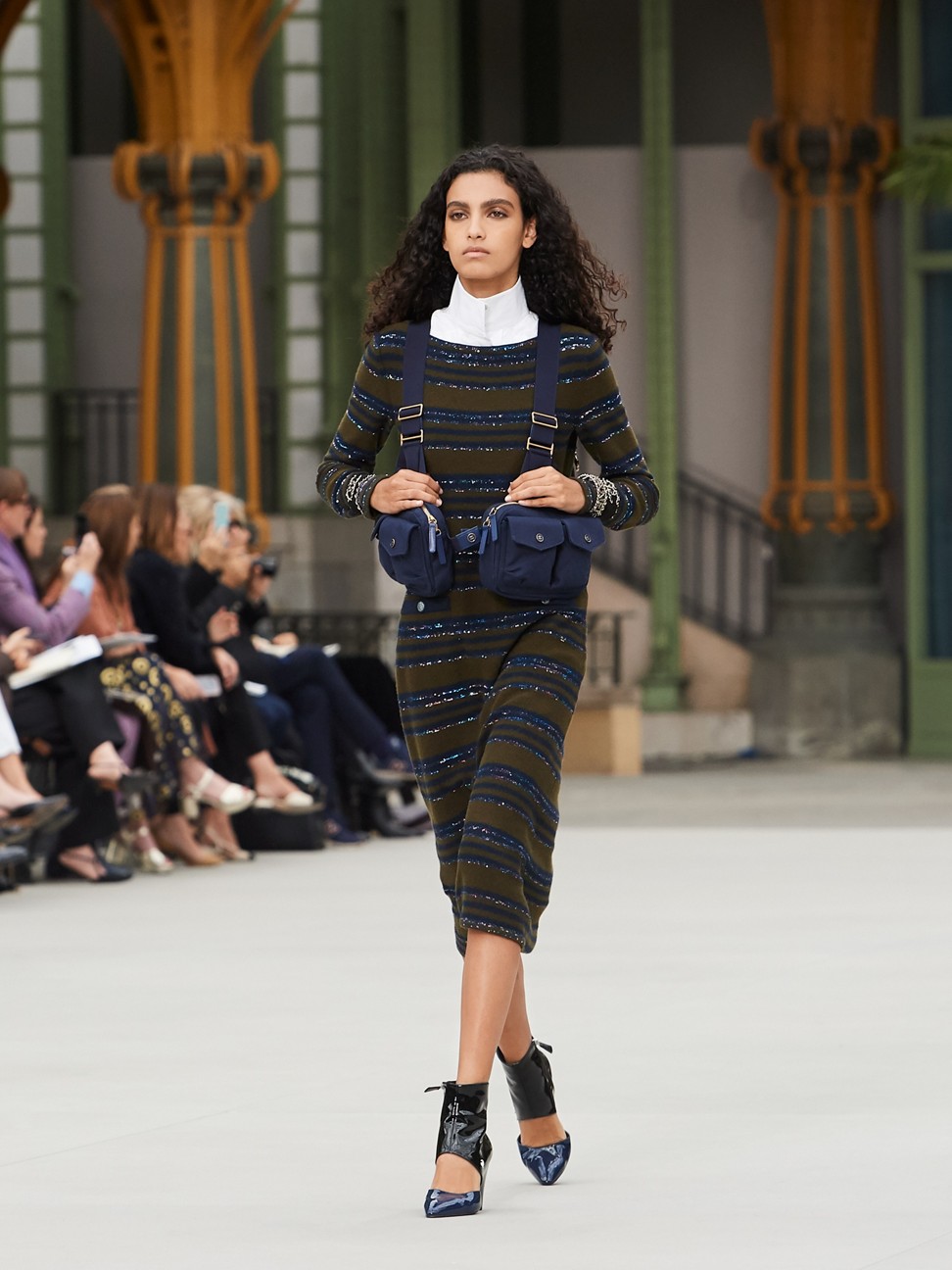
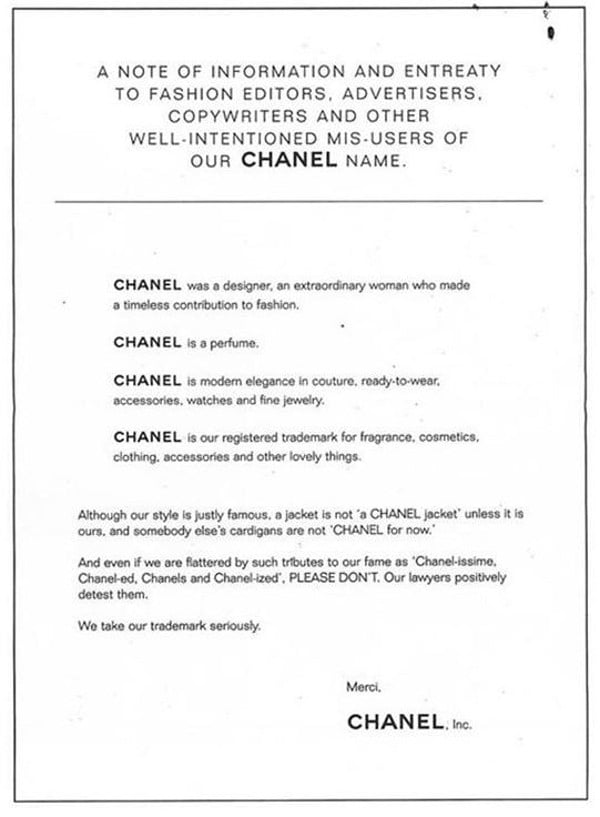
“Chanel the brand is the most important thing and you will succeed at Chanel if you serve and support the brand, so it’s very important to have people who believe in the brand,” he says. “The brand is more important than any designer at the end of the day. That was always the case with Karl and he was the first to say that.”
Chanel has always been extremely protective of its image. In the early 2000s, the company ran ads conveying veiled threats to anyone, including fashion editors, trying to “contaminate” its closely guarded heritage. More recently, with the rise of marketplaces that allow people to resell pre-owned luxury goods, the company has taken legal action against companies such as The Real Real and What Goes Around Comes Around.
“What’s not acceptable is the counterfeits and we see a lot of counterfeits in these marketplaces, including the ones focusing on the second-hand market,” Pavlovsky says. “It’s very important that, if you have a Chanel label, you can guarantee the best to your customers, so when you’re going in a marketplace and you believe you’re buying a genuine piece but it’s a fake one, that’s not acceptable, and at Chanel we will continue to make our efforts to avoid that.
“We need to be more protective than ever because it’s about the respect for our customers, and at the end of the day of the brand, for sure.”
Chanel is one of the few luxury labels still resistant to selling its products online. While the company has recently partnered with online retailer Farfetch to bring innovation to its retail offerings, Pavlovsky remains a firm believer in the bricks-and-mortar shopping experience. He says successive weekends of rioting in central Paris early this year, which disrupted French and international clients’ shopping, have made Chanel sales assistants more “agile” as they have to “find new ways to satisfy customers”.
“Fragrance and beauty and eyewear are available online, but I’m not sure that e-commerce is necessarily the way to connect to younger generations,” Pavlovsky says. “You can be active online and attract them to the boutiques, but e-commerce doesn’t add anything else.”
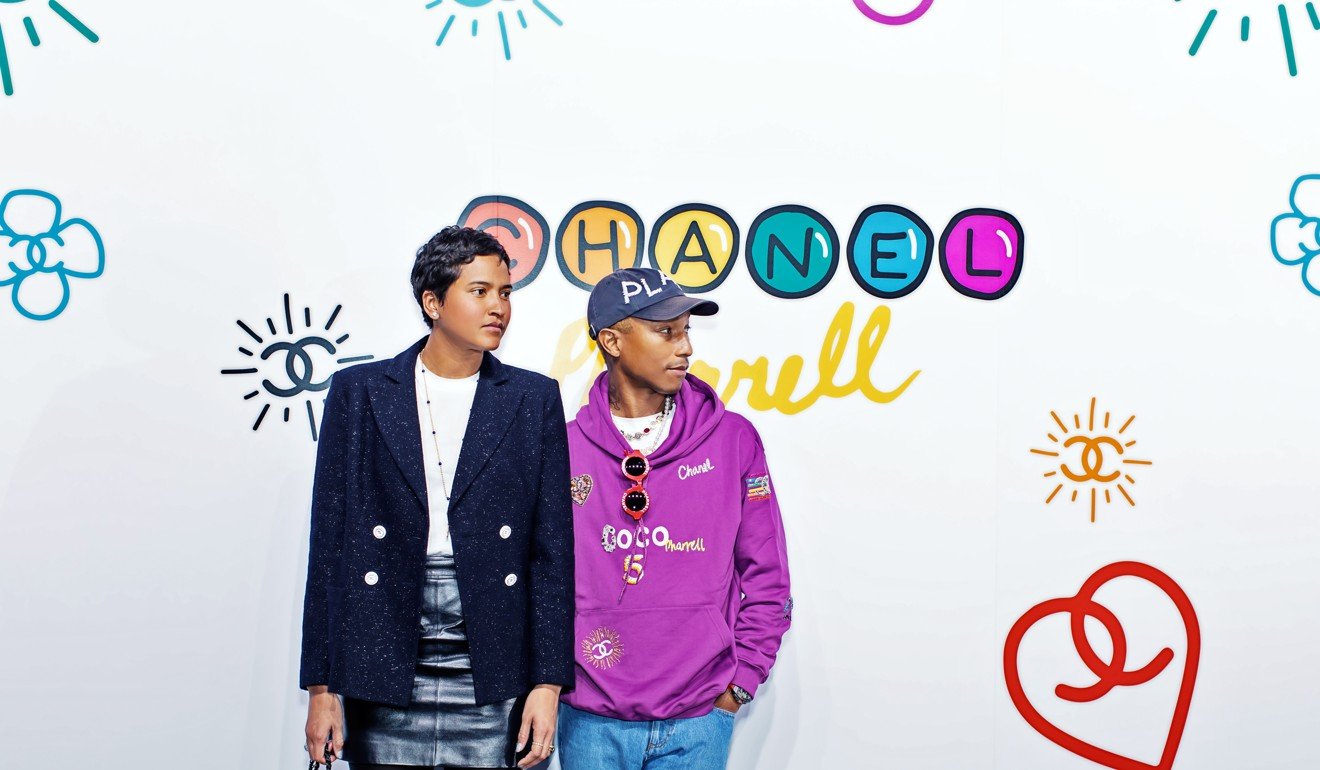
A recent collection designed in tandem with hip hop star Pharrell Williams was one way Chanel sought to connect to those “younger generations”, including streetwear-obsessed young men. It prompted speculation a foray into menswear is on the cards for the women-oriented brand.
“We love women at Chanel and we are not serious players in menswear,” says Pavlovsky. “Some pieces can be worn by men and it’s something we’ve done for a long time. Mademoiselle Chanel was taking from men in her creations, and Karl loved to say that he’s taking from women to give something to men. But at the end of the day we are not a real player in menswear. Our focus in on women’s fashion.”
Chanel has no immediate plans to expand its retail network in Hong Kong, where it recently opened a shoe-only boutique at the IFC shopping mall in Central, but is actively looking at spaces such as K11 Musea, the “art mall” targeting millennials that will open in Kowloon at the end of 2019.
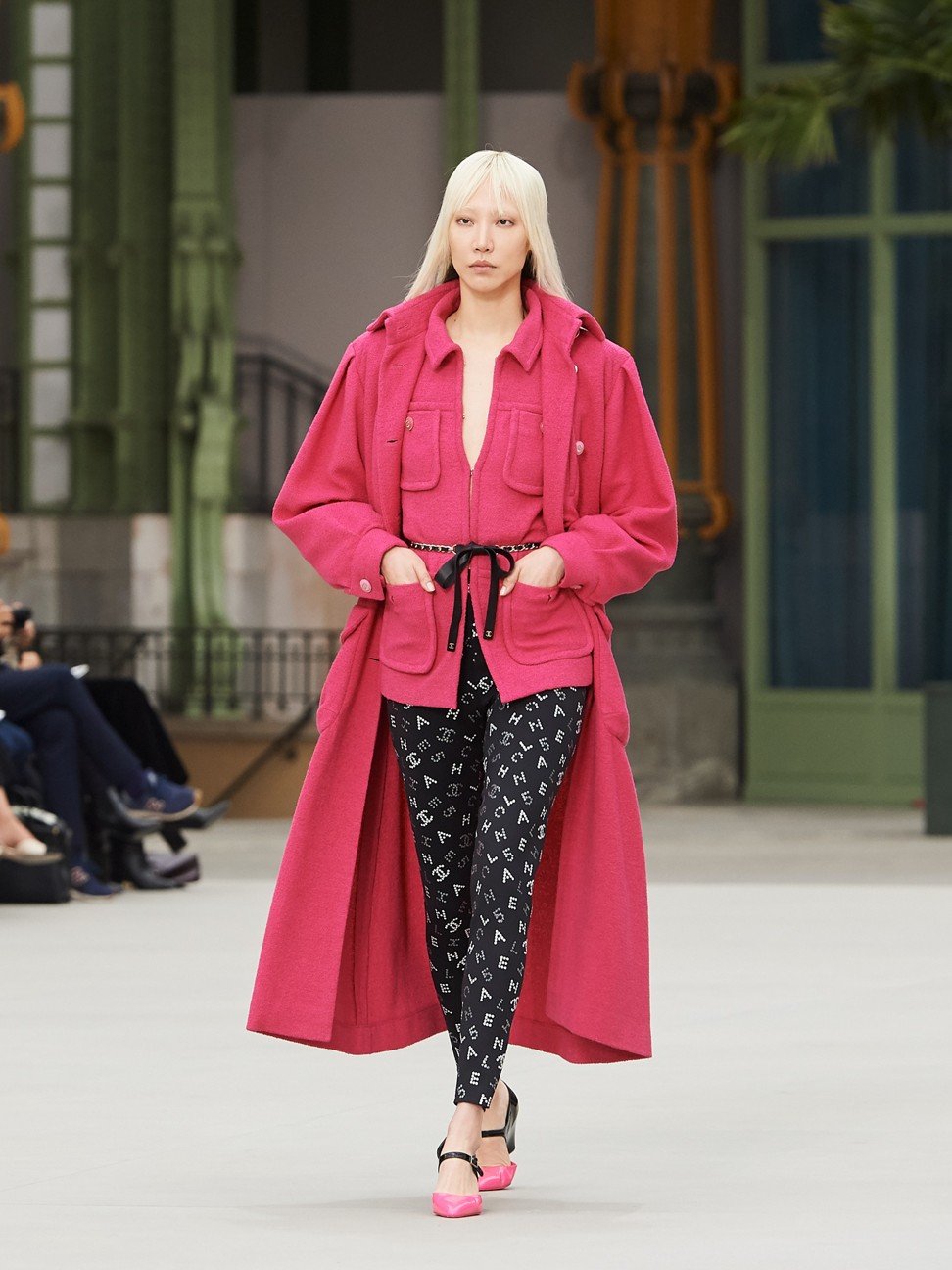
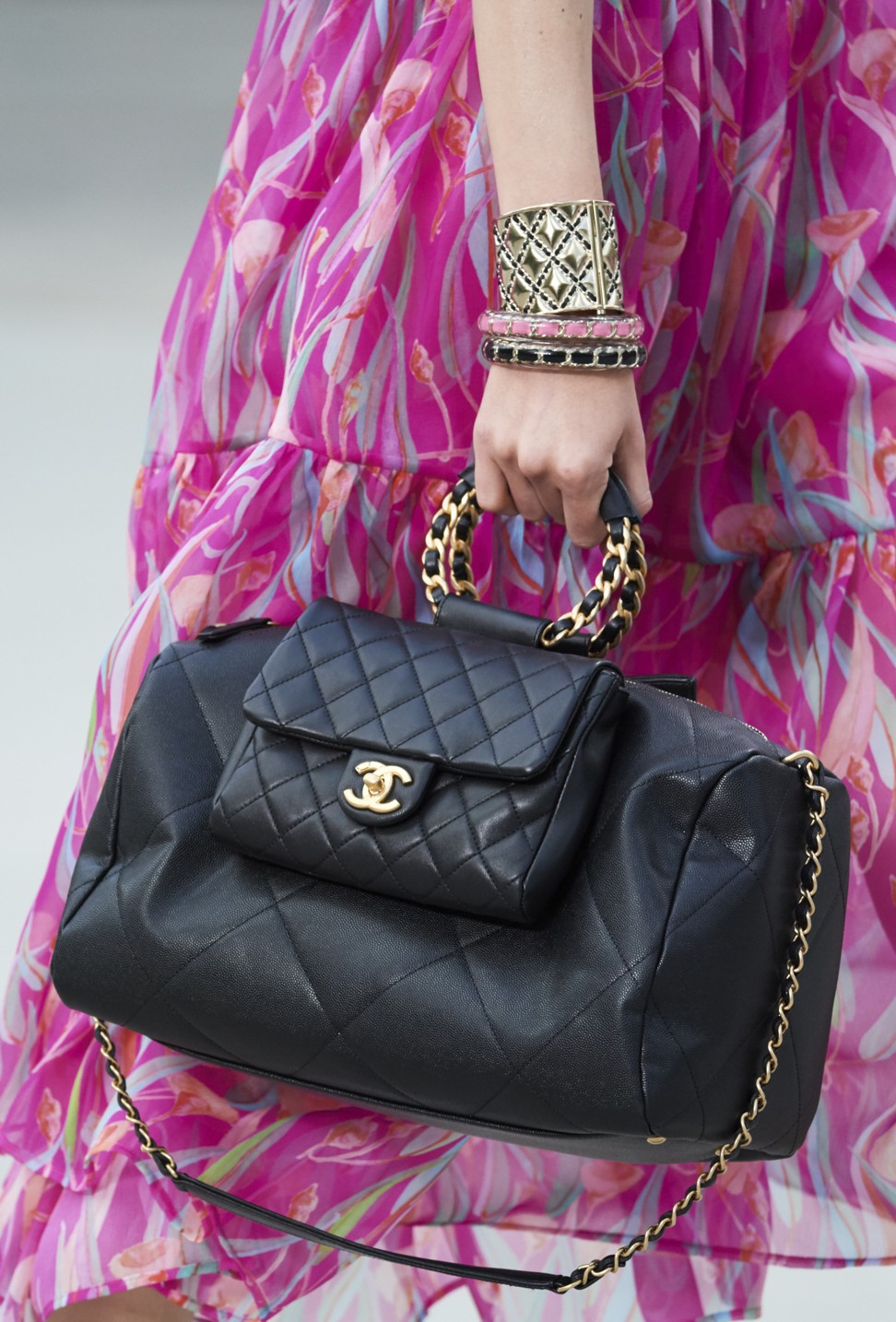
However, Pavlovsky reveals that in November Chanel will restage its cruise 2020 show, first held in Paris in May, at the Kai Tak Cruise Terminal in Hong Kong to reaffirm its commitment to the local market.
“We will show the cruise collection in Hong Kong but it won’t be the same show,” says Pavlovsky of a high-profile event that is sure to attract international celebrities and VIPs.
Pavlosky believes this is the right time to do this in Hong Kong despite of the recent protests, some of them violent, against a proposed law change to allow extradition of criminal suspects to jurisdictions including China.
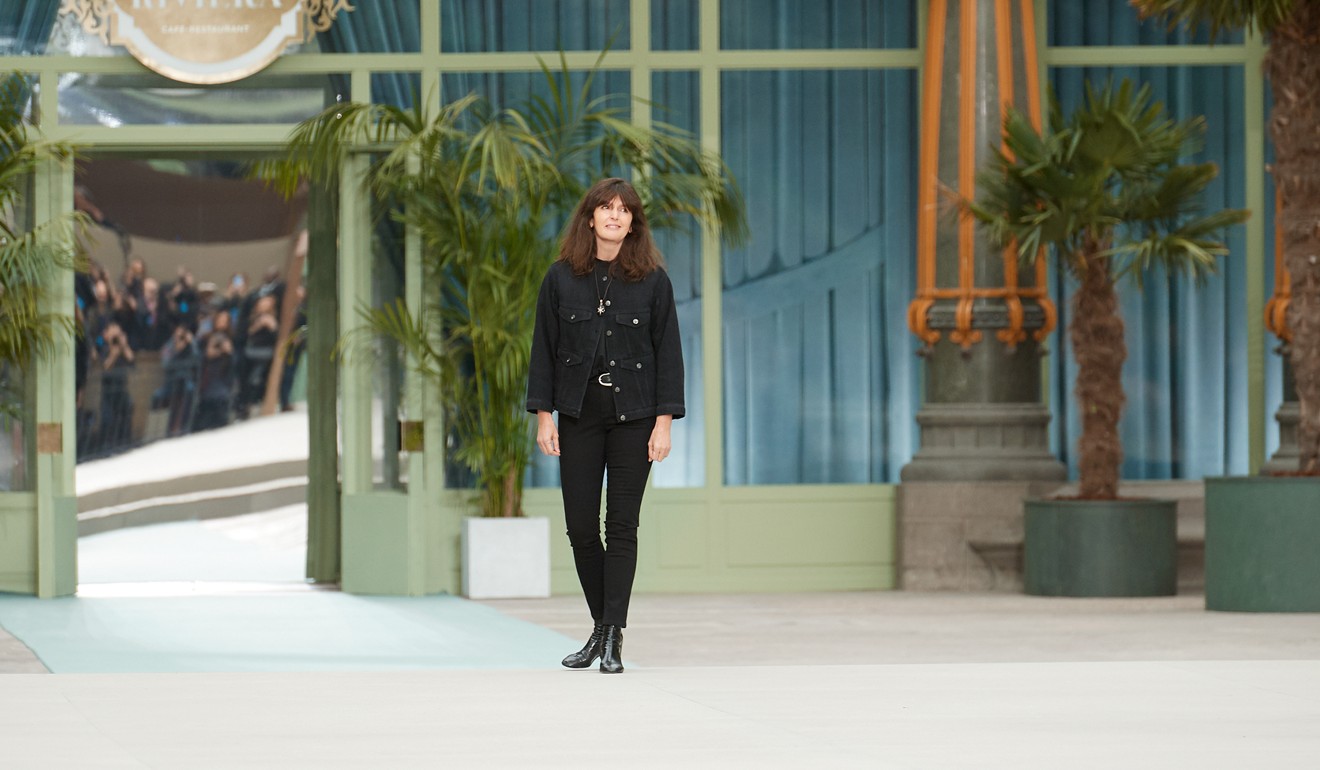
“We are of course keeping a close watch on events, but as of now we are proceeding as planned with all our projects in Hong Kong,” he adds.

